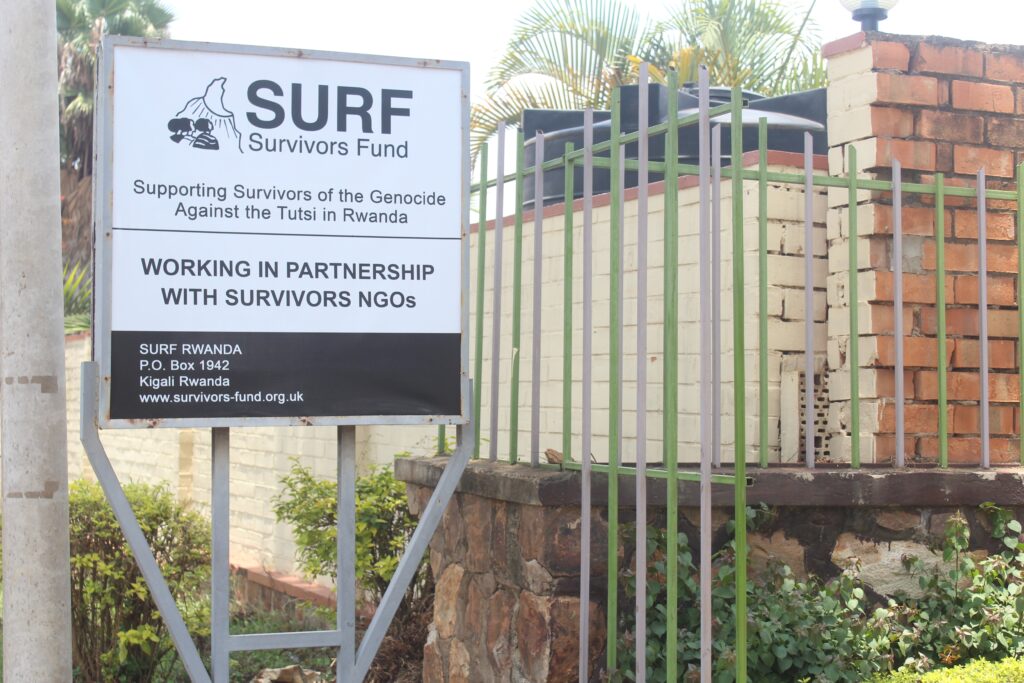
This is one of a series of extracts of questions and answers from An interview with Samuel Munderere and David Russell of Survivors Fund (SURF) on reparative justice for survivors of the 1994 Genocide against the Tutsi in Rwanda published in a Special Issue of Peace Review, a journal of social justice, to mark the 30th Anniversary of the Genocide against the Tutsi in Rwanda.
What are the most urgent challenges facing Rwandan genocide survivors today? What kind of resources (financial, organizational, human, legal, and political) do they need to realize reparative justice that meets international human rights law obligations?
The most urgent challenges facing Rwandan genocide survivors today include access to healthcare, particularly mental health services to address trauma-related issues; economic opportunities and livelihood support to lift survivors out of poverty; secure housing and land tenure rights; access to justice and reparations; and ongoing psychosocial support to cope with the lasting effects of the genocide.
To realise reparative justice that meets international human rights law obligations, genocide survivors require a range of resources:
Financial Resources: Funding is needed to support survivor-led initiatives, including healthcare programmes, economic empowerment projects, legal assistance, and advocacy efforts.
Organisational Resources: Grassroots organizations AVEGA, GAERG and AERG play a crucial role in providing services and support to survivors and require resources for capacity building, program implementation, and sustainability.
Human Resources: Trained professionals, including counsellors, healthcare workers, legal advocates, and community organisers, are essential for providing survivors with the support they need.
Legal Resources: Access to legal assistance is vital for survivors seeking justice, reparations, and protection of their rights. Legal aid organizations and pro bono legal services can help survivors navigate the legal system and pursue accountability for atrocities committed during the genocide.
Political Resources: Political will and commitment from government authorities are necessary to enact policies and legislation that prioritise the rights and needs of genocide survivors.
Additionally, international pressure and advocacy can encourage governments to fulfill their obligations under international human rights law and provide adequate support for survivors.
By mobilising these resources and addressing the urgent challenges facing Rwandan genocide survivors, efforts toward reparative justice can be realised.
